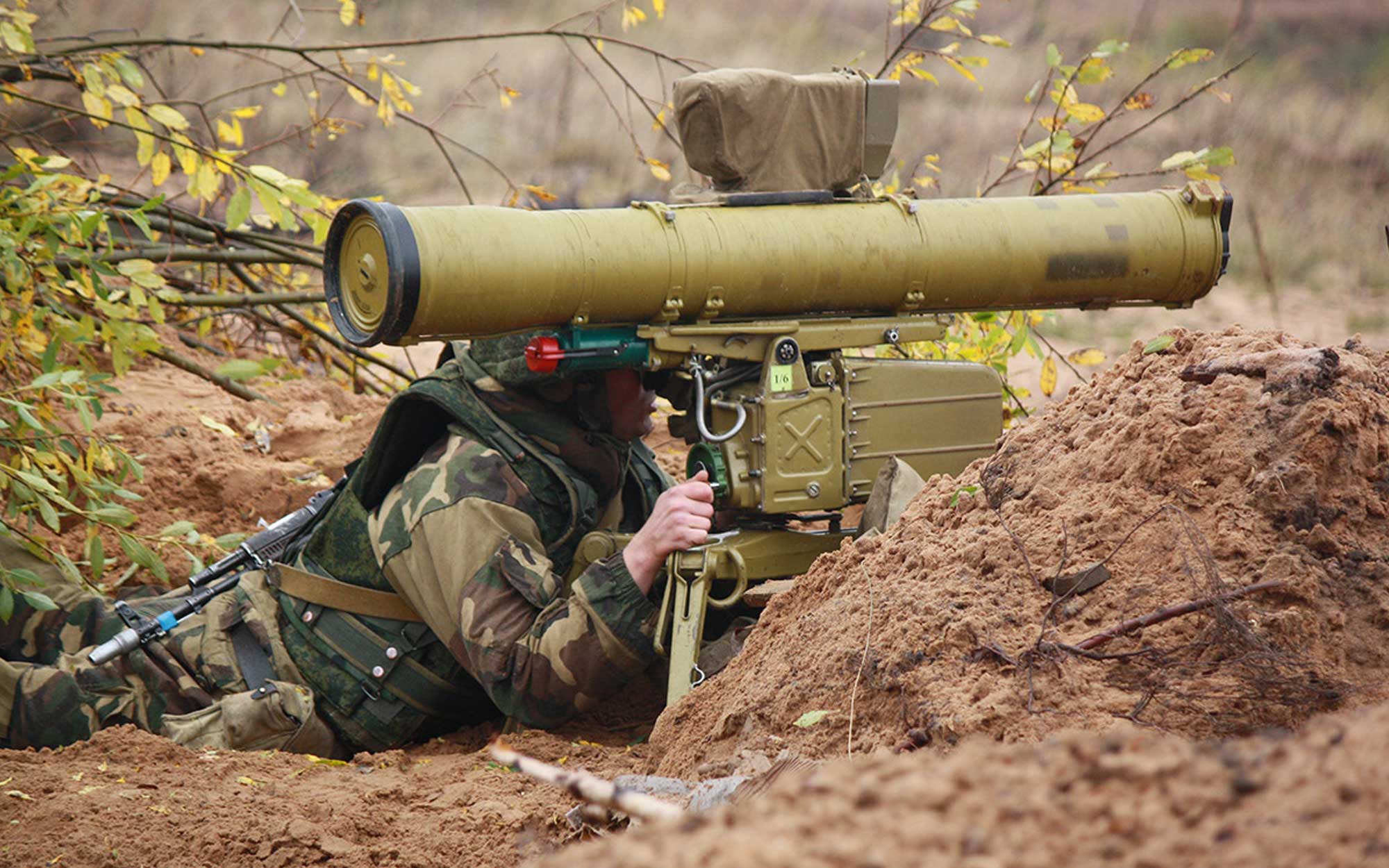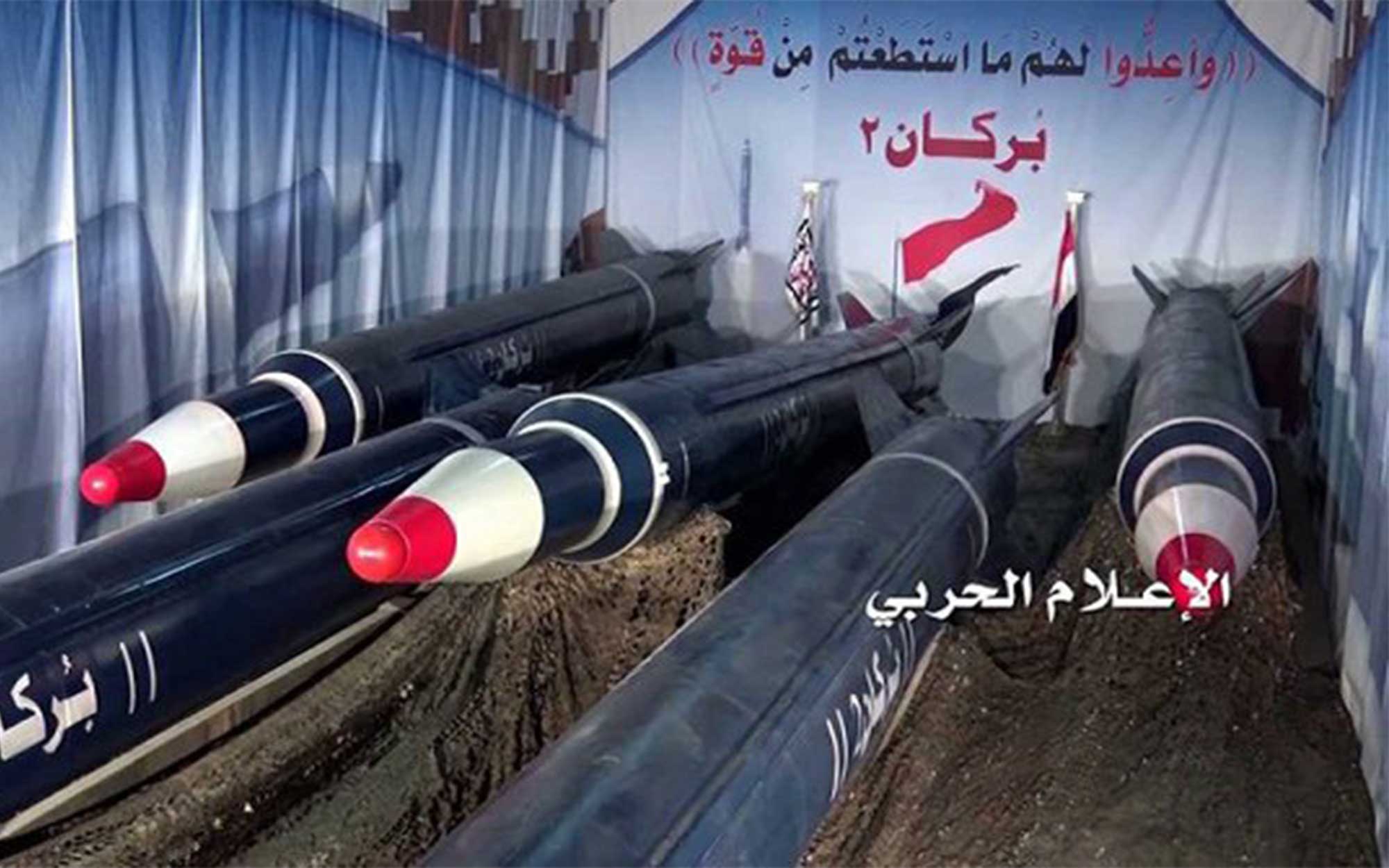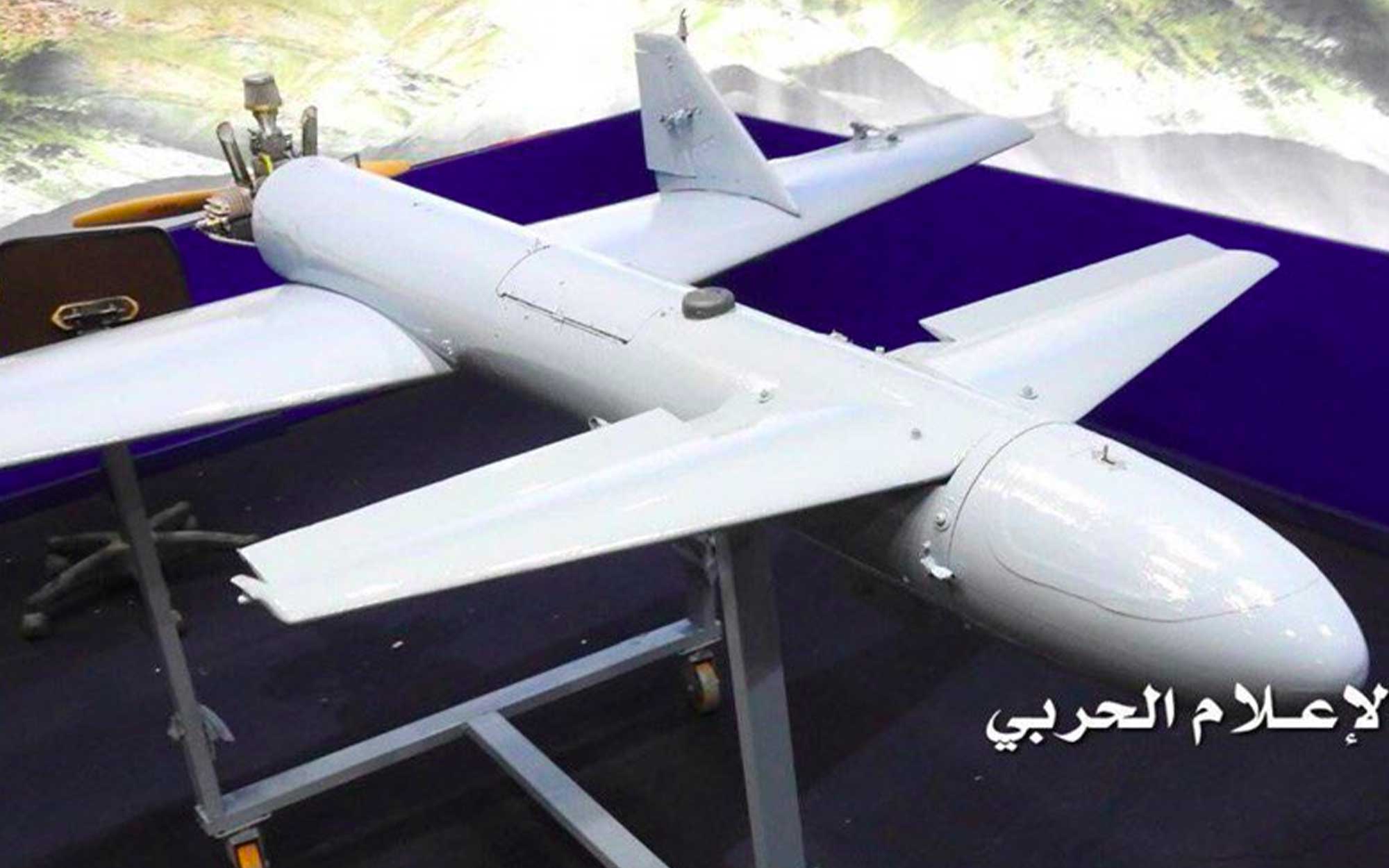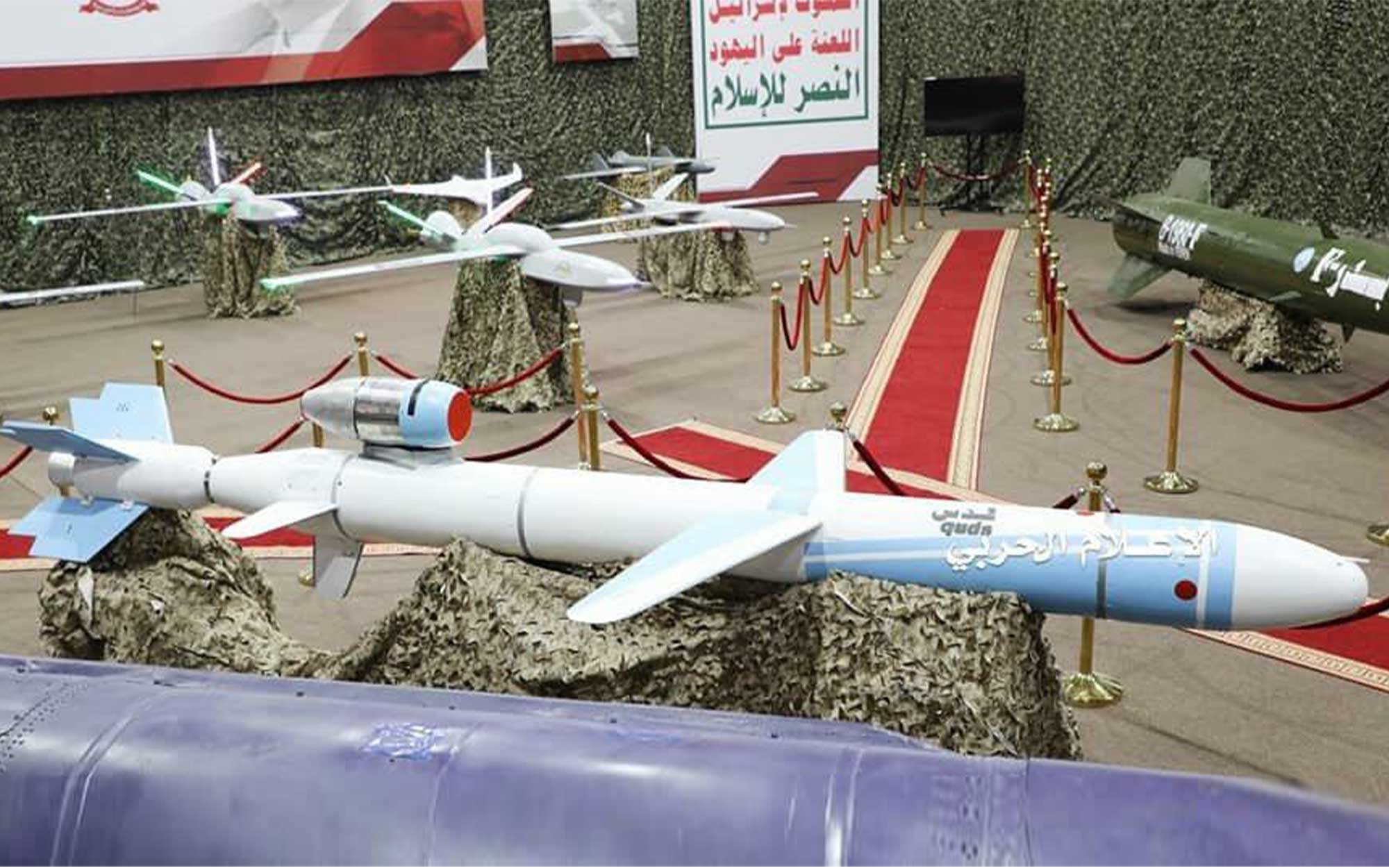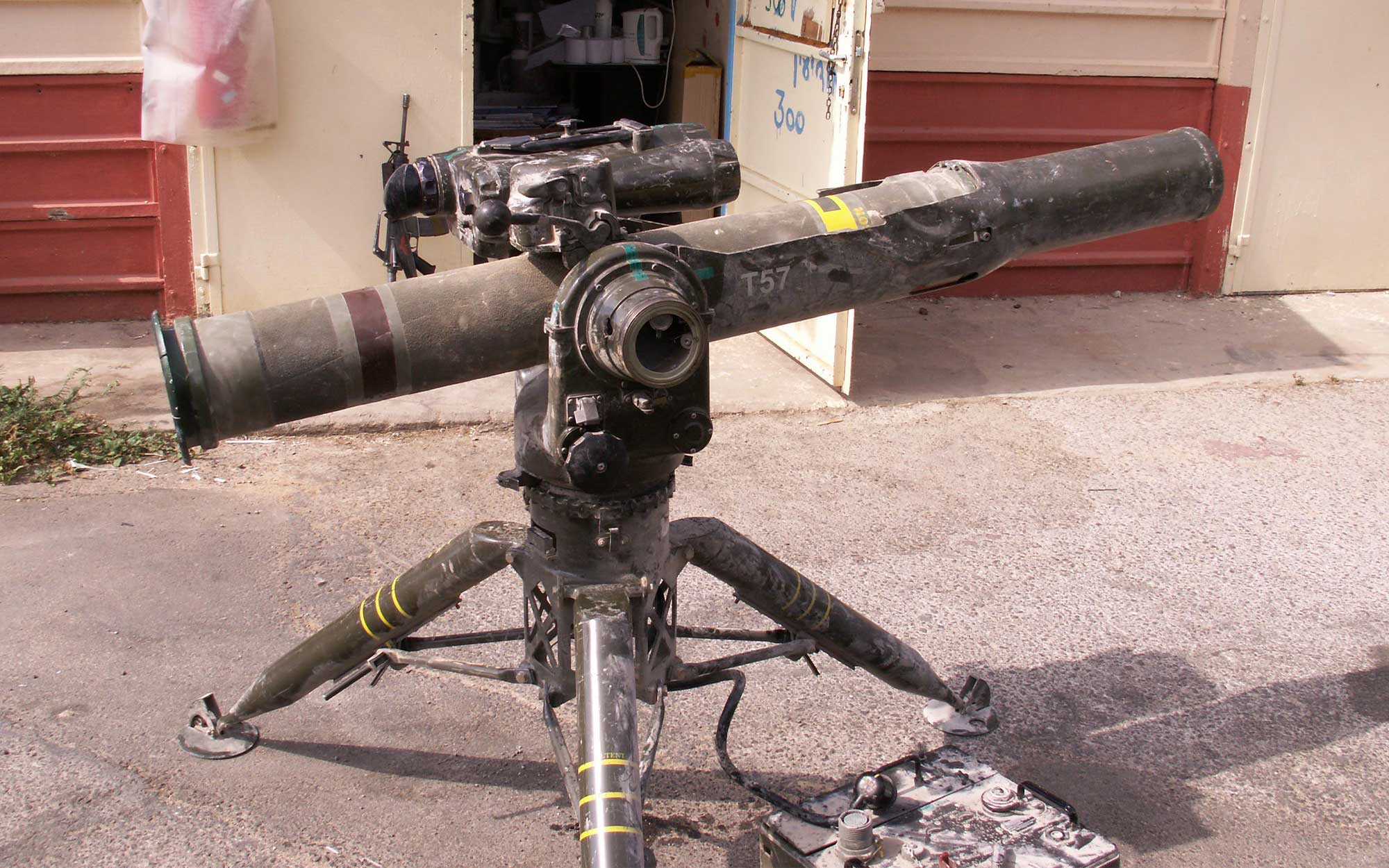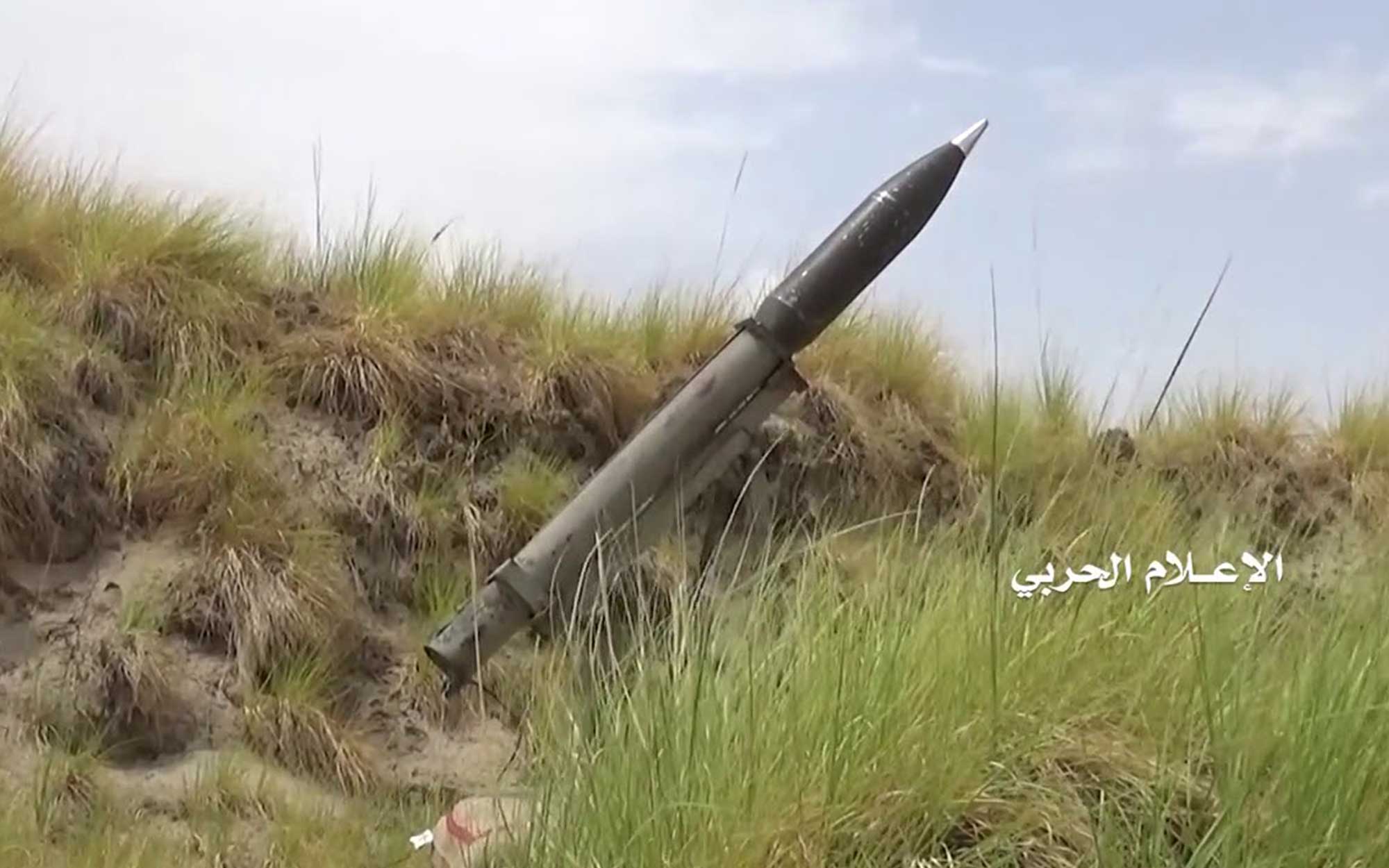Iran
ARMS TRADE TREATY
Iran abstains from signing the Treaty.
TRANSPARENCY
Arms Exports available at: ?
POSITION TOWARDS THE CONFLICT
Historically, Iran has not been a significant factor in Yemeni affairs.
It has long maintained a diplomatic presence in Sanaa, but its influence during the two decades before the war was marginal. During the six Saadah wars between 2004 and 2010, former President Ali Abdullah Saleh asserted that Iran was supporting the Houthis, but U.S. analysts found little evidence to support his claims. In 2011 and 2012, Iran’s role began to change during the Arab Spring uprising and the subsequent political turmoil. Tehran’s support for the Houthis increased in that period, although Iran was not a player in negotiations that led to Saleh’s resignation. Ironically, after he was overthrown, Saleh turned to the Islamic Republic as he calculated prospects for returning to power. The Iranians probably played a role in forging the Houthi-Saleh partnership that led to the current civil war.
Iran’s military support of the Houthis grew increasingly open and transparent after the successful military drive by Houthis and Saleh loyalists in the summer of 2014. The Houthis seized control of Sanaa, the capital, and Yemeni government operations. Houthi leaders traveled to Tehran and signed agreements to establish regular air service between the two capitals; they also agreed to increase Yemeni-Iranian cooperation. Iranian supplies and personnel, including Lebanese Hezbollah allies, began flowing into Yemen. Since 2014, Houthi rhetoric (echoing Iranian propaganda) and provocations threatening Saudi Arabia’s security became more frequent. The Houthis have since launched several ballistic missiles at Riyadh.
(Middle East Institute, Dec. 2018)
(Anadolu Agency, Jan. 2016)
The Repository is based on data extracted from SIPRI, Military Wiki and news sources.
© Code & Design by Cinzia Bongino,
